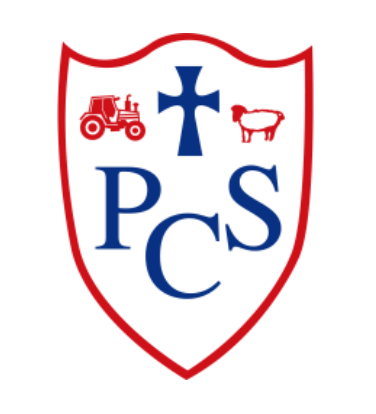English
Intent
Language development is at the heart of the curriculum and has implications for all forms of learning in our school. We believe that a quality English curriculum should develop children’s love of reading, writing and discussion. We place great emphasis on developing early reading and reading for pleasure, fostering a lifelong love for reading. We believe in a culture where children, can write clearly and accurately, writing for purpose. We nurture a culture where children take pride in their writing, can write clearly, imaginatively and accurately and adapt their language and style for a range of contexts. We inspire children to be confident in the art of speaking and listening and to use discussion to communicate and further their learning in all areas of the curriculum. We promote high standards of literacy by equipping pupils with a strong command of the spoken and written word, and to develop their love of literature through widespread reading for enjoyment.
Implementation
Our English curriculum is designed to develop children’s love of reading, writing and discussion and prepare our learners for life as successful, valuable individuals. This is implemented through the use of rich texts and engaging pupils with a cross-curricular approach. Texts are chosen to link with the topics pupils are learning about and to inspire pupils to read and write, fostering a love for reading and writing. Our curriculum aims to provide many purposeful opportunities for reading, writing and discussion. We want all of our pupils to be proficient readers, writers, spellers and speakers, who can transfer their English skills to other curriculum subjects and who are prepared for the next steps in their education. Our English lessons develop pupils’ spoken language, reading, writing, grammar and vocabulary, teaching them how to write within specific genres and which structural and language features to include to be successful. Example texts are used to start this process to enable pupils to use other similar writing as models for their own. Lessons also focus on teaching specific spelling, grammar and punctuation skills to enable our pupils to apply the skills they have been taught to their extended writing and writing across the curriculum. We teach our pupils to speak clearly, to convey their ideas fluently and confidently and to ask questions. We provide varied and exciting opportunities for children to write for different purposes and audiences and we encourage pupils to see themselves as authors and poets. Handwriting sessions are regularly incorporated into the English lesson. From Year 1 when ready, children are taught to write in a cursive, joined up style. They use pencils and then pens from Year 3 when they are ready. We foster the value of excellent vocabulary and this is developed and practiced across our curriculum with each class having a “words we love” board where children have come across new and ambitious vocabulary in their reading.
Phonics and early reading
We believe that all our children can become fluent readers and writers. This is why we teach reading through Little Wandle Letters and Sounds Revised, which is a systematic and synthetic phonics programme. We start teaching phonics in Reception and follow the Little Wandle Letters and Sounds Revised progression, which ensures children build on their growing knowledge of the alphabetic code, mastering phonics to read and spell as they move through school. We also model the application of the alphabetic code through phonics in shared reading and writing, both inside and outside of the phonics lesson and across the curriculum. We have a strong focus on language development for our children because we know that speaking and listening are crucial skills for reading and writing in all subjects. We teach phonics for 30 minutes a day. In Reception, we build from 10-minute lessons, with additional daily oral blending games, to the full-length lesson as quickly as possible. Each Friday, we review the week’s teaching to help children become fluent readers.
We follow the Little Wandle Letters and Sounds Revised expectations of progress:
- Children in Reception are taught to read and spell words using Phase 2 and 3 GPCs, and words with adjacent consonants (Phase 4) with fluency and accuracy. Children in Year 1 review Phase 3 and 4 and are taught to read and spell words using Phase 5 GPCs with fluency and accuracy.
We value reading for pleasure highly and each class has a dedicated storytime. We choose these books carefully as we want children to experience a wide range of books, as well as books that open windows into other worlds and cultures.
- Every classroom has an inviting book corner that encourages a love for reading.
- In Reception, children have access to the reading corner every day in their free flow time and the books are refreshed weekly from the school library.
- Each child has a reading record book. The parent/carer records comments to share with the adults in school and the adults will write in this on a regular basis to ensure communication between home and school.
- As the children progress through the school, they are encouraged to write their own comments and keep a list of the books/authors that they have read.
- Each class also has a weekly library slot to choose books for reading for pleasure.
- We using Storywings- a whole school celebration of reading for pleasure to encourage wider reading, and reading a range of different genres. Once children have completed this challenge there are further challenges to engage with and further celebrate reading for pleasure.
Please use the links below to explore our English curriculum further:
